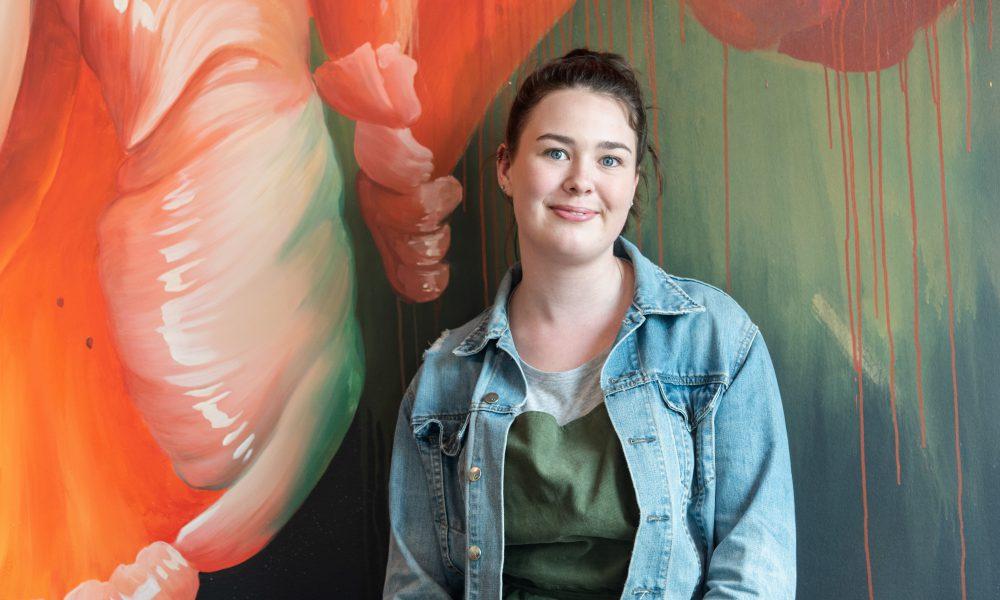Students across Victoria are starting 2022 with a combination of hope and anxiety. We have demonstrated our resilience over the past two years but, like everyone else, we are tired.
Last year, VicSRC declared a mental health crisis amongst students in Victoria and we are hopeful that the services and funding that has been delivered in response to the Royal Commission into Mental Health, will help alleviate this. But it is vital that our mental health is considered in every aspect of education.
We need teachers, parents, carers, families and the community to listen to us and understand how serious this is.
Student mental health is a vital a part of education because we can only engage, learn and perform to the best of our ability if we are in a healthy state of mind. We know that when we are feeling stressed or overwhelmed, not only do we lose concentration more easily, but our productivity also decreases.
We should not under-estimate the difference that a supportive home environment can make to a student's mental health. For many students returning home after a long day is their chance to recharge their mental battery, but if families don’t understand what’s happening at school or schools don’t understand what’s happening at home, this can create unnecessary stress for us. We are asking schools to prioritise positive family and community engagement by hosting regular events at school for families to promote, build and support effective relationships.
It is also important to have a trusted teacher at school who students feel comfortable talking to when they feel stressed or overwhelmed. And this trust begins with building meaningful student-teacher relationships. Student-teacher relationships has been identified by students as a key priority in 2022 and VicSRC recommends that schools create regular time to focus on building these relationships for every teacher and all students. Positive student-teacher relationships foster a collaborative classroom environment, where students feel safe to ask for support, and learning is a partnership. Key protective factors in supporting good mental health.
We know that school has never been a place that is limited to knowledge from textbooks, it’s where we learn important social skills and life values, so why should learning about mental health be any different? In addition to trigonometric formulas and memorising history dates, it is equally important for us to learn about the importance of mental health and how to take care of ourselves and each other throughout our lives. During 2021’s lockdowns, having teachers and friends check in with us at beginning of classes or when we were quieter than normal, helped us feel valued and comfortable to open up.. Mental health needs to be part of education, so that we cultivate a mindset of support, self-awareness, empathy and understanding in all future generations. We need to continue to work together as a community to remove the stigma around mental health and seeking help. We need to encourage honest dialogue between students and their families and friends. Mental health needs to take centre stage, not a conversation to be hidden in the shadows. Each and every student deserves to know we have a strong support system alongside them throughout our schooling journey and beyond.
VicSRC is asking, on behalf of Victorian students, that all schools in Victoria consider making the changes outlined in our Schools Mental Health pledge so that students can feel more empowered, more supported and so we know that you are listening.
Aakriti, Jasmine, Gitaanjali
VicSRC Executive Committee members
Sign our Student mental health pledge to commit your school to taking action on student mental health in 2022.
This article was also published at ProBono Australia as part of their Youth Matters column in partnership with the Youth Affairs Council.

